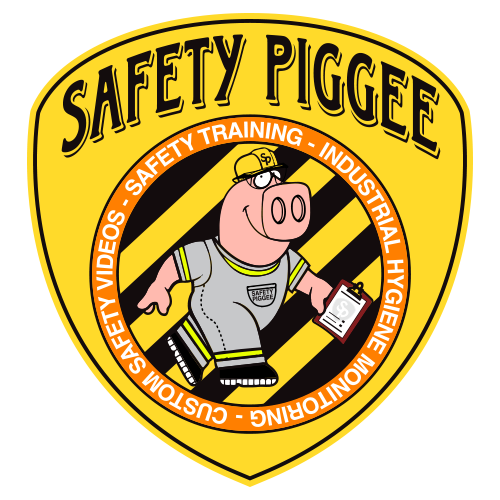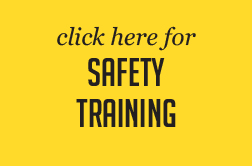
Safety Tip
Get a Grip
Your workers’ hands are the tools of their trade. How well do they look after those tools? Without the right
Examples of different types of gloves.
- Cotton: is cheap, reusable and absorbs sweat. It’s not long-lasting
though, and offers little protection from severe hazards. Leather: resists punctures, abrasions, sparksand impact, but has limited dexterity and cut resistance.- Rubber: natural rubber, nitrile
and PVC gloves are best for chemical resistance, but they offer limited protection against burns and cuts. - Metal: metal-reinforced gloves and newer fibers such as Kevlar are lightweight and resist cuts well. Some fibers also resist heat.
- Chemicals and Fluids- No material keeps out all chemicals. Choices include natural rubber, neoprene, nitrile rubber
and many others. Ask your glove vendor for a chemical resistivity chart. The best information may be the safety data sheet (SDS) accompanying each chemical.
Tips for Your Workers:
- Check for defects every time you use hand protection. Find holes in rubber gloves by filling the glove with air or water.
- Barrier creams provide limited protection against alkalis and acids. These products are sometimes used with gloves.
- Your hands also need to be kept clean to prevent infection. A pre-moistened, heavy-duty hand towel can remove heavy grease and grime at your workstation or
jobsite . Wash your hands before applying gloves or barrier cream, and at the end of the workday.

Get Safe Today
Phone: (832)786-1433 |
Email: rpiggee@safetypiggee.com
© 2018 Safety Piggee LLC. All rights reserved.




